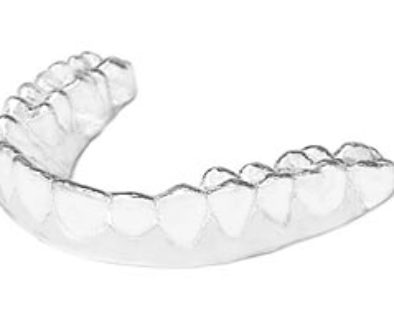Who Should Premedicate with Antibiotics Before A Dental Appointment?
 One of the most confusing topics for dentist’s over the last 10 or so years has been the practice of premedication with antibiotics prior to dental visits. For a while there it seemed like the guidelines changed every year or two. The basic idea behind premedication with antibiotics is that when certain dental procedures are performed, bacteria in your mouth are released into your bloodstream (also known as a transient bacteremia). For people with certain medical conditions, these bacteria can latch on to various parts of your body such as heart valves, joint replacements, etc and cause infections.
One of the most confusing topics for dentist’s over the last 10 or so years has been the practice of premedication with antibiotics prior to dental visits. For a while there it seemed like the guidelines changed every year or two. The basic idea behind premedication with antibiotics is that when certain dental procedures are performed, bacteria in your mouth are released into your bloodstream (also known as a transient bacteremia). For people with certain medical conditions, these bacteria can latch on to various parts of your body such as heart valves, joint replacements, etc and cause infections.
In the last couple of years several studies have been completed that show a very minimal risk of these types of infections with a couple of exceptions.
Joint Replacements
For a while there, the recommendation was that patients with joint replacements of any kind should premedicate their entire life. Then the recommendation was changed to only two years afterwards, and now it has been changed to not being recommended in most cases at all. The only people who should be pre-medicated are those who are severely medically compromised and at the highest risk of developing an infection. This determination should be made by the orthopedic surgeon who did the surgery.
If you’ve had a joint replacement, discuss this issue with your dentist and orthopedic surgeon. Odds are you likely don’t need to continue premedicating for your dental appointments.
Heart Problems
Just like with joint replacements, there used to be a huge list of heart conditions in which premedication was recommended. That list has shrunk down significantly under current recommendations. These include patients with the following…
- Previous history of infective endocarditis
- A prosthetic heart valve or a heart valve repaired with prosthetic material
- Unrepaired cyanotic congenital heart disease
- A completely repaired heart defect with a prosthetic device (for the first 6 months afterwards)
- A repaired heart defect with a defect near the prosthetic part
That’s it. All other heart issues and you don’t need to premedicate. Again, if you are concerned please discuss with your dentist and cardiologist.



